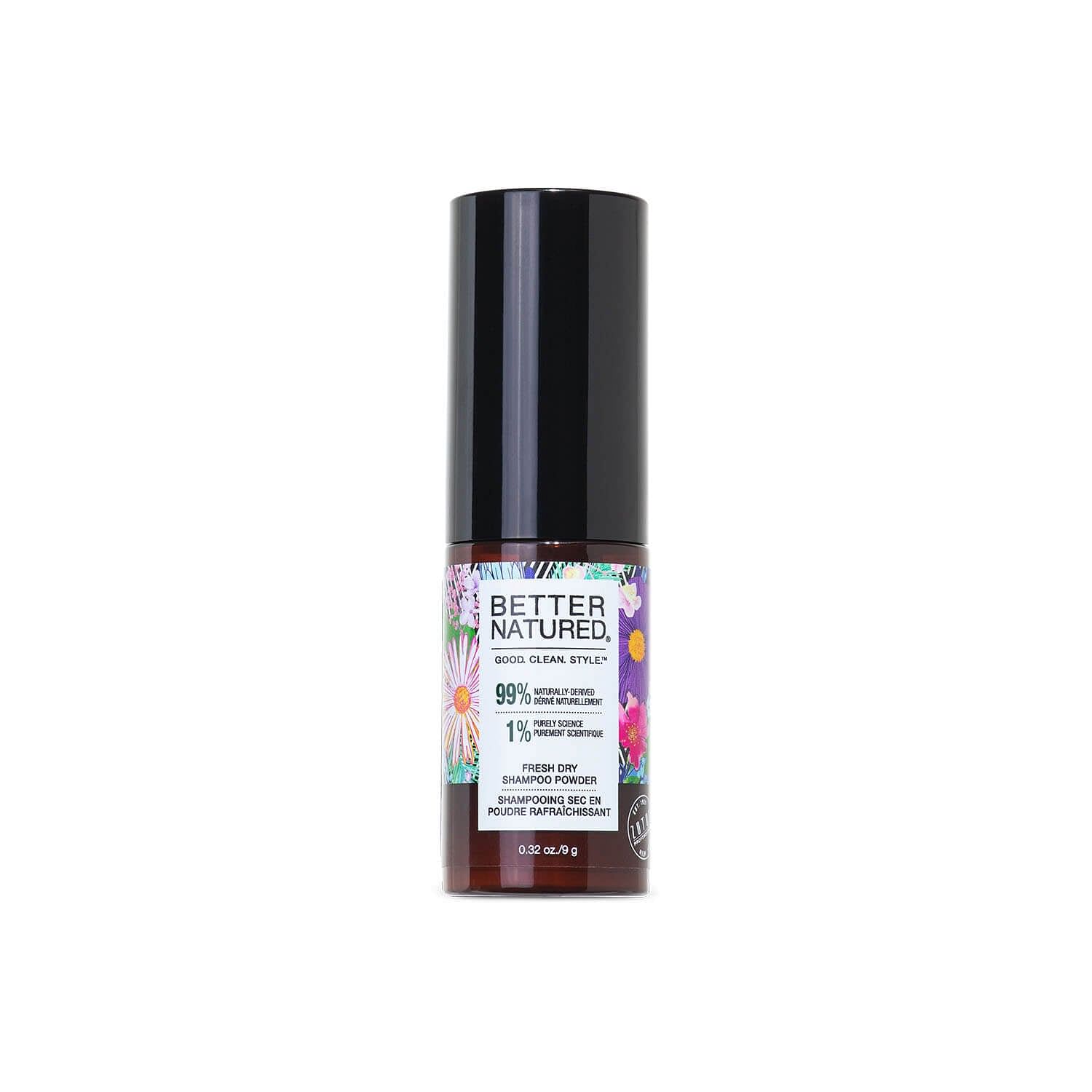The Good. Clean. Fun.™ BLOG
Anyone who has ever had oily hair knows that it can be a real pain to deal with. Not only does your hair feel heavy and greasy, but it also looks greasy – which is not a good look.
Both men and women often worry about having oily skin and hair. What many don't realize though is that having a certain amount of natural oils on your body is actually a good thing. This one is all about balance.
In this post, we will talk a little bit about the role that these oils play and how they can be washed out.
Shining The Light On Sebum
While we often speak about natural oils in our hair, there is another name for it - sebum. But what exactly is sebum though?
What is sebum?
Produced by our sebaceous glands, sebum is an oily substance. Everyone has these glands, but they are most commonly found on the face and scalp. These glands secrete sebum in order to keep our skin and hair moisturized. In small amounts, sebum is actually a good thing as it helps to keep our hair feeling healthy and looking shiny.
What Is The Role Of Sebum?
When it comes to our hair and scalp, sebum has a number of roles to play. Let's take a look at three of these.
- It reduces water loss from the surface of the skin: This is because sebum has a hydrophobic (water-repellent) nature.
- It protects the skin from infection: Sebum contains antimicrobial properties that help to protect the skin from harmful bacteria and fungus.
- It helps regulate the immune system of the skin: Along with a bacteria known as P.acnes, sebum helps to keep the immune system of the skin in check.
The problem arises when there is an overproduction of sebum. When this happens, our hair can become greasy, heavy, and difficult to manage. So how do you know if you are producing too much sebum? One way to tell is by how often you need to shampoo your hair. More on this later.
What Causes Sebum Build-up On The Scalp?
There can be a number of different reasons why your sebaceous glands might go into overdrive and produce too much sebum. Some of the most common include:
- Hormonal changes: Sebum production is controlled by hormones, so any changes in hormone levels can cause an increase or decrease in sebum. Things like puberty, menopause, pregnancy and even stress can all impact hormone levels and lead to more oil production.
- Genetics: Unfortunately, if your parents or grandparents had oily hair, you are more likely to suffer from the same problem. This is because genetics plays a role in how much oil your glands produce.
- Certain hairstyles: If you frequently wear your hair in tight ponytails or braids, you may be putting too much pressure on your scalp. This can lead to inflammation and an increase in sebum production.
- Diet: Believe it or not, what you eat can also impact the amount of oil your glands produce. Eating a diet that is high in processed foods, sugar, and unhealthy fats can all lead to more sebum production.
Six Tips To Help Reduce Sebum Production
If you are struggling with an oily scalp, there are a few things you can do to try and reduce sebum production.
- It's best to wash your hair at least twice a week if you are looking to maintain the amount of sebum on your scalp. If you find that you still have a build-up, then it may be best to consider more frequent washes. Speak to your dermatologist who can guide you here.
- It’s better not to use hot water when washing your scalp. Use water that is lukewarm. Then, using your fingers, gently massage your scalp.
- Try an oil-absorbing product: If you are struggling with an oily scalp, you may want to try using a product that can help absorb excess oil. Better Natured® Fresh Dry Shampoo Powder is a great option for this!
- Avoid using a dryer and rather opt for air-drying your hair. Hair dryers can create excess scalp dryness due to the heat. They may also stimulate your sebaceous glands which is not something you want if you are trying to reduce the amount of sebum on your scalp.
- Get to the root of the cause: It's best to get right to the root cause of excess oil on your scalp. Speak to your dermatologist who can advise on treatments and preventative measures.
- We're all different! We need to remember that each person's hair is different and what works for one person may not work for another. It's best to speak to the professionals to truly understand what will work best for your scalp.
As you can see, there are a few things you can do to try and reduce sebum production, including washing your hair regularly, and using an oil-absorbing product.
Gentle On The Scalp
At Better Natured®, we believe that everyone deserves to have healthy-looking, beautiful hair. Our highly naturally-derived* professionally-developed permanent hair color and care formula with Coconut Oil and a signature triple plant-milk blend of Tahitian Palm Milk, Coconut Milk and Orchid Milk are gentle on the hair and scalp.
Better Natured® is here to help you get the best out of your hair. Browse our online shop today to find the perfect product for you. You can also give a member of our experienced team a call at 1-800-242-9283 to chat through our range of products.






